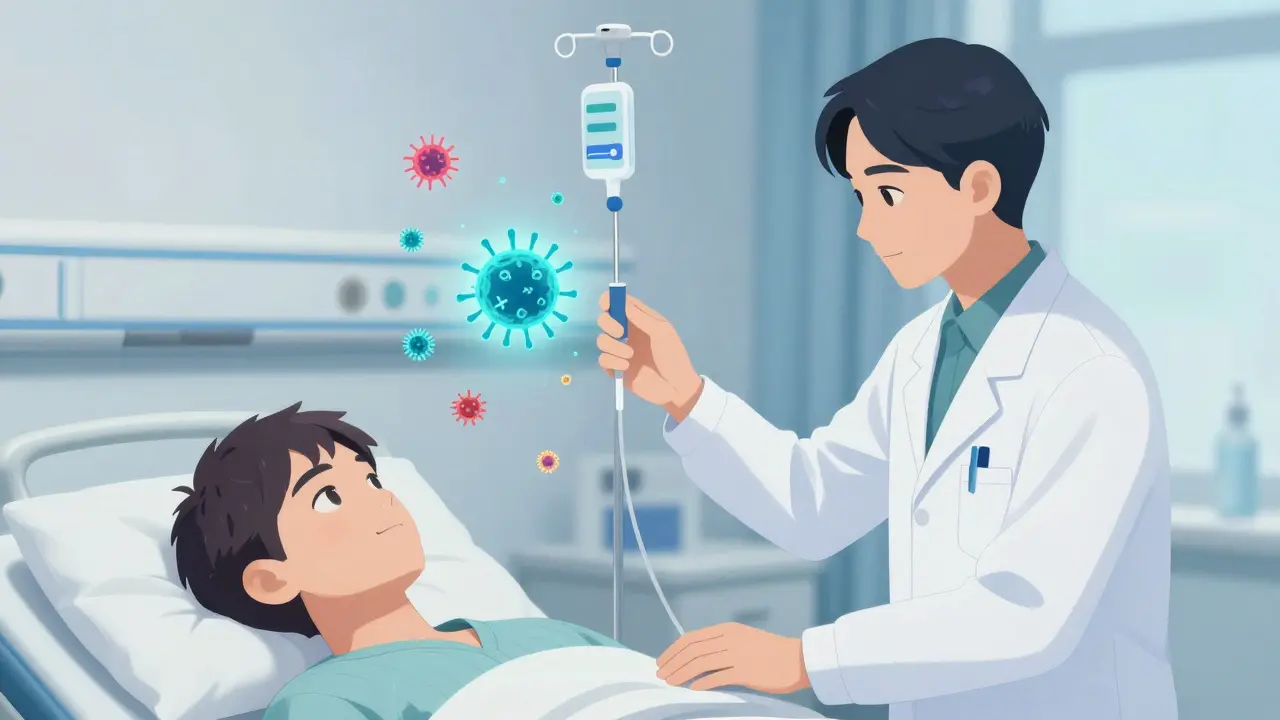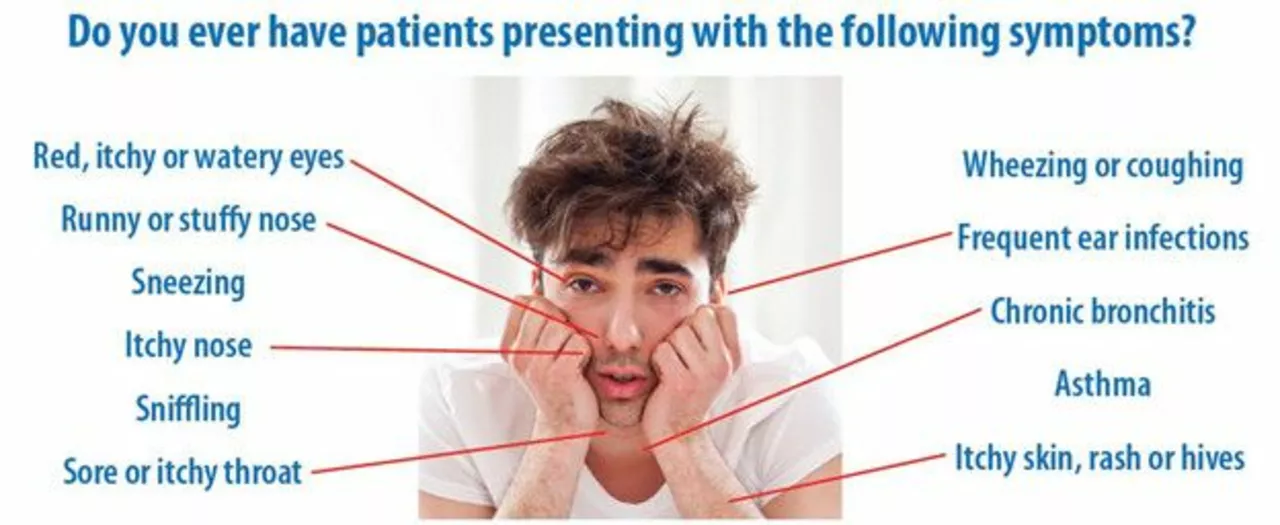Symptoms — What They Tell You and Where to Look for Real Answers
Some symptoms are harmless. Others demand attention right away. Knowing which is which saves time, worry, and sometimes lives. This page collects clear, practical articles on common signs, medication side effects, and when to see a clinician.
Quick rules for reading symptoms
If a symptom comes on fast and is severe — sudden chest pain, trouble breathing, fainting, sudden weakness, or uncontrolled bleeding — get emergency care now. For slower problems like persistent cough, chronic fatigue, or new digestive pain, start by tracking details: when it began, what makes it better or worse, and any medicines you recently started.
Use symptom pages here to learn likely causes, common tests, and what to tell your doctor. For example, read the asthma and cystic fibrosis piece to spot overlap in breathing symptoms. Check medication articles (Ativan, Amitriptyline, Plendil) if new side effects appear after a prescription change.
How to use the articles on this tag
Start with one clear question: "Why is this happening now?" Then pick an article that matches the body part or system involved — lungs, nerves, hormones, skin, etc. Our posts break down symptoms into simple language, list common causes, and give practical next steps.
Want respiratory guidance? See "Exploring the Link Between Cystic Fibrosis and Asthma" or the asthma cancer-risk report to understand long-term concerns and when inhaled steroids help. Nervous system pain or tingling? Read "Neuropathy Relief: Best Alternatives to Gabapentin" for non-drug options and red flags that require urgent care.
If you suspect a drug reaction, check medication-specific guides like "Ativan: Uses, Side Effects, and Safe Practices" or "Amitriptyline: Uses, Side Effects, and What to Know". These articles list common side effects, warning signs, and how to discuss dose changes with your prescriber.
Looking for targeted symptom treatments? Browse posts about specific drugs and conditions — from urinary pain relief with Phenazopyridine to targeted cancer care using erlotinib. Each article explains who might benefit, typical symptom changes to expect, and safety tips.
Quick tips for evaluating any health article: check publication date, look for references or clinical guidelines, and watch for content that pushes one product as a cure-all. Use our content to prepare focused questions for your clinician rather than to self-diagnose.
Keep a short symptom diary before appointments: dates, times, what you ate, medications taken, and any triggers. Bring this to your visit or include it when contacting telehealth. That simple record often speeds up diagnosis.
Need help finding something specific? Use the site search or check related posts listed under each article. If you still have doubts, contact a healthcare professional — and if something feels dangerously wrong, call emergency services right away.


